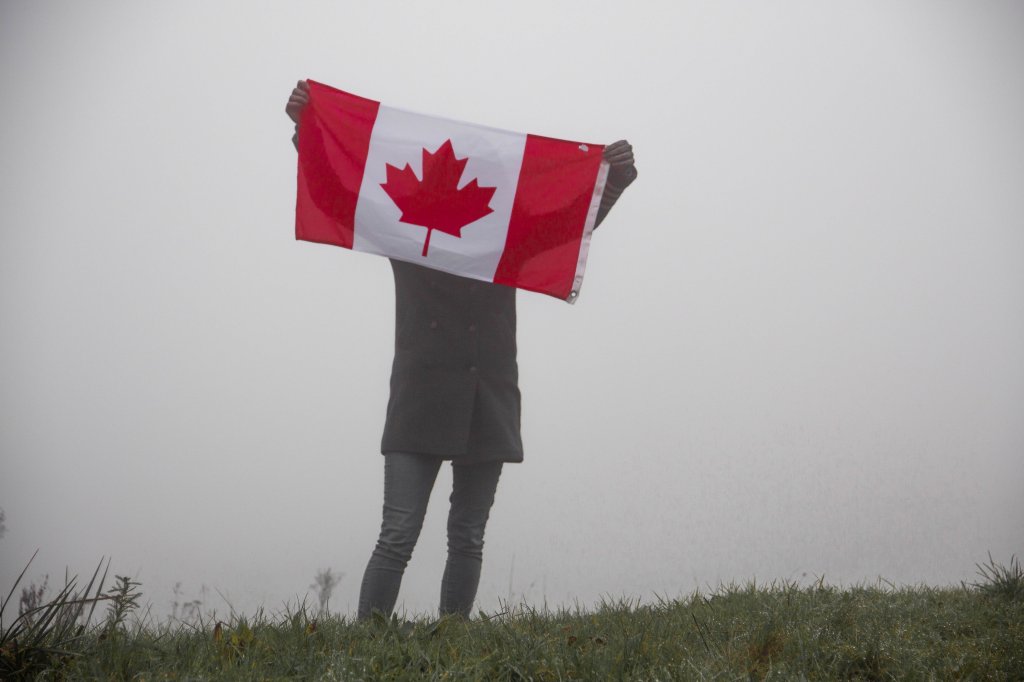At this point in our first collective pandemic experience, I think it’s safe to assume we’re all a little freaked out. Life as we know it has been flipped upside down in a very short period of time, we know the increased spread of the virus is coming and hope we’re doing enough to slow it down, and we’re watching the economy tailspin, all at the same time.
While some have accused the media of scaremongering, the reality is that this virus is legitimately scary if left unchecked. We need to understand reality we’re up against here, which unfortunately means processing mindboggling models and frightening firsthand stories.
But we can’t stop at informed fear. Crises such as this can bring out the best and the worst in people, and we all need to decide which it’s going to be. That’s why some kind-hearted Canadians are asking everyone to call on their better angels with an initiative nicknamed “caremongering.”
The idea is simple: Spread kindness like a virus. Help people in your community, especially those most vulnerable due to age, health, or financial circumstance.
That might look like offering to pick up groceries or make a pharmacy run for an elderly or immunocompromised neighbor. It might look like taking up a collection for a local business hit hard by the lockdown.
Caremongering groups have sprung up on social media to coordinate efforts. According to the BBC, more than 35 Facebook groups have been set up in just a few days across Ottawa, Halifax, and Annapolis County in Nova Scotia. More than 30,000 people have joined the groups.
Posts in the group include offers of assistance (using #offer) or people in need of assistance (#iso—”in search of”). Then the community works to get needs met.
The original groups were started by Mita Hans, Valentina Harper, and others. They thought they’d have a couple dozen people, and are happy to see thousands interesting in helping their neighbors. Harper said the most positive thing to come out of it is the local groups geared to specific neighborhoods, where people can immediately reach out and offer what’s needed.
“Scaremongering is a big problem,” Harper told the BBC. “We wanted to switch that around and get people to connect on a positive level, to connect with each other. It’s spread the opposite of panic in people, brought out community and camaraderie, and allowed us to tackle the needs of those who are at-risk all the time—now more than ever.”
The groups have also become a place for people to share positive stories of humans helping other humans—the kinds of uplifting examples of the best of humanity we all need more of right now—in addition to a place where community can come together virtually.
“It’s really shown us the need that people have to have some level of reassurance and hope,” Harper said. “Anxiety, isolation and lack of hope affects you. In providing this virtual community which allows people to help each other, I think it is really showing people there is still hope for humanity. We haven’t lost our hope.”
Oh Canada, thank you for living up to your reputation for kindness and serving as an example to the rest of the world in these extraordinary and uncertain times.





























